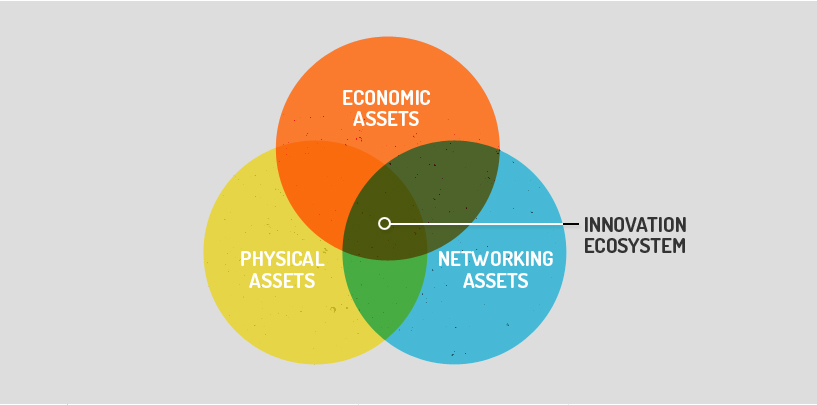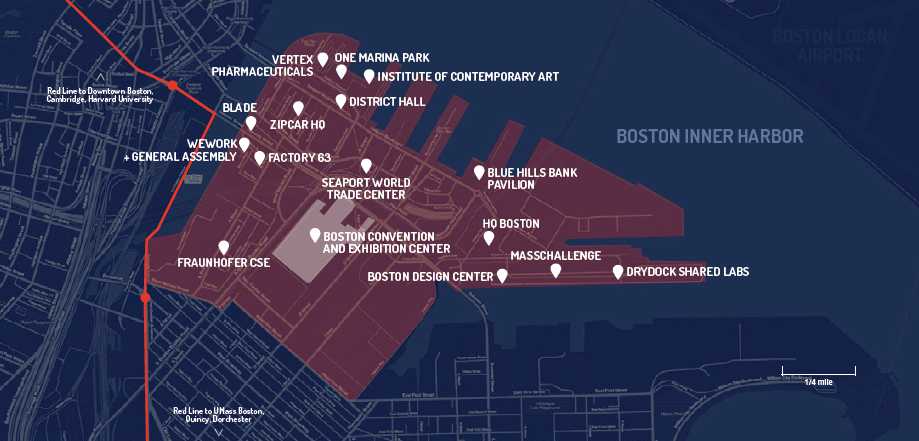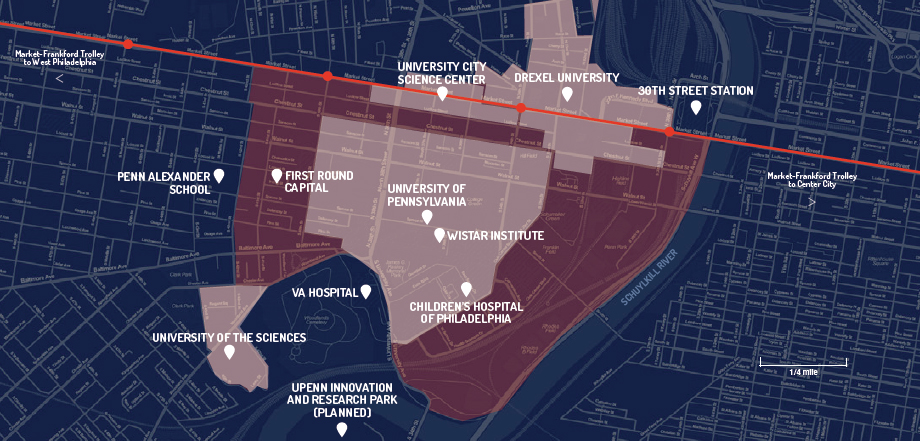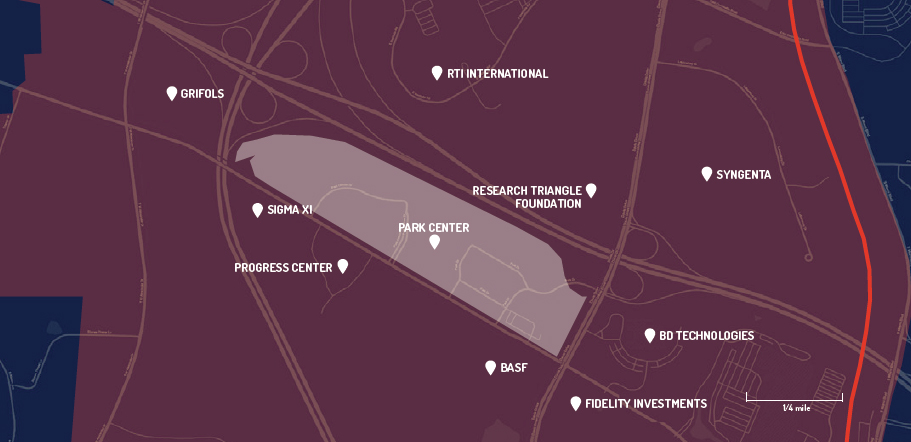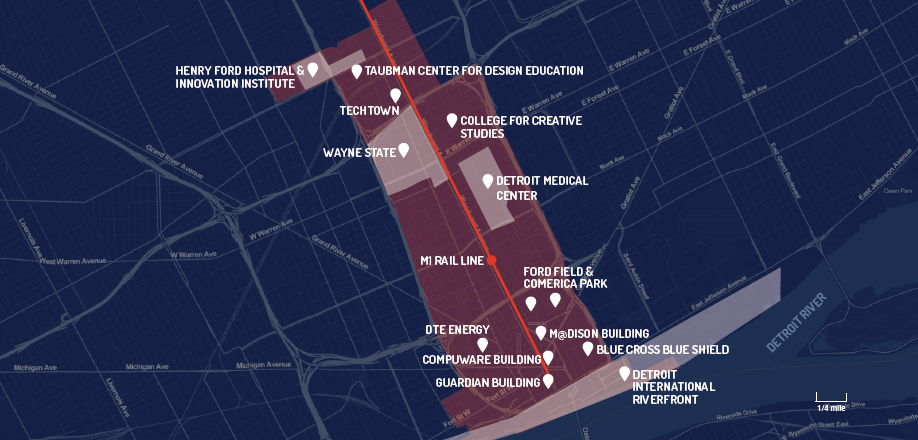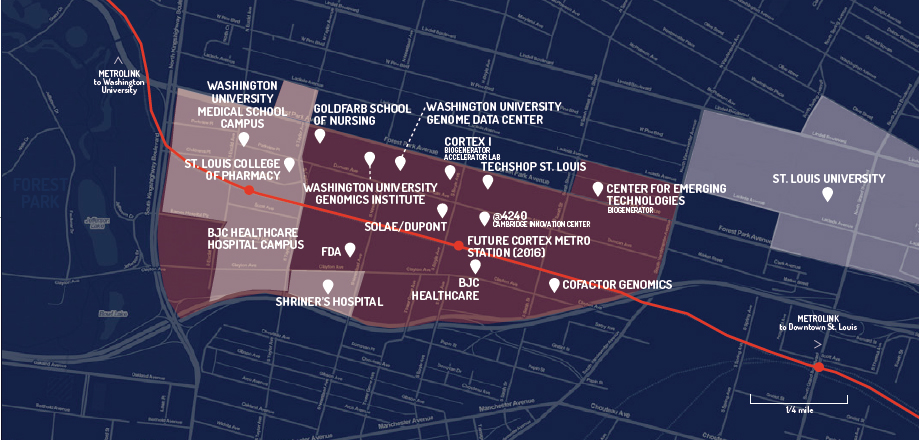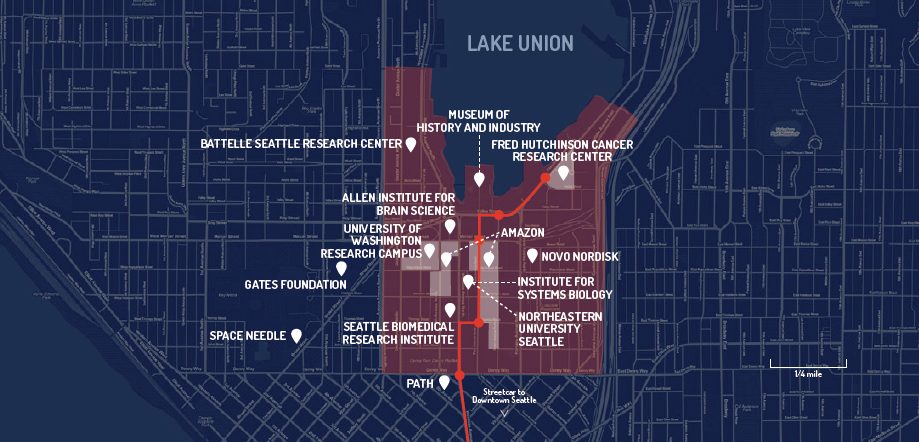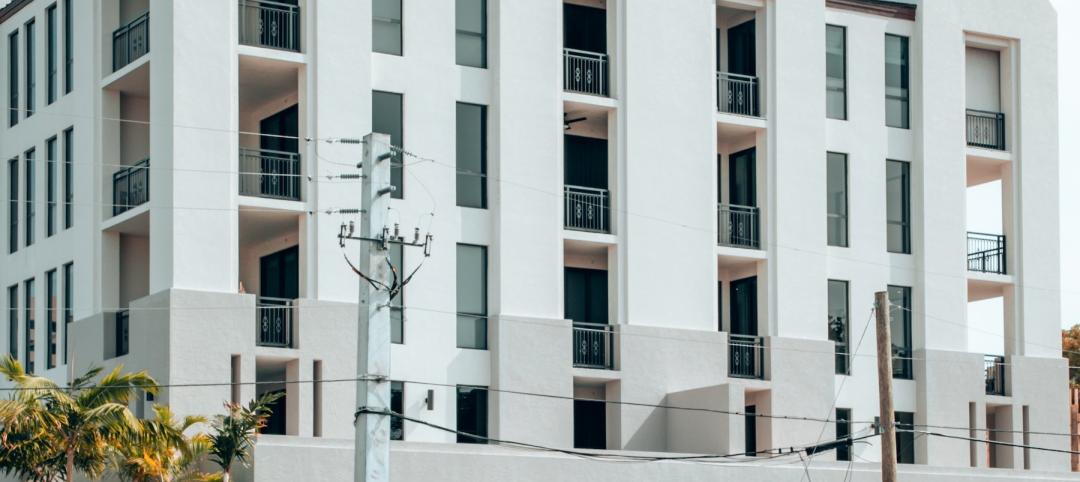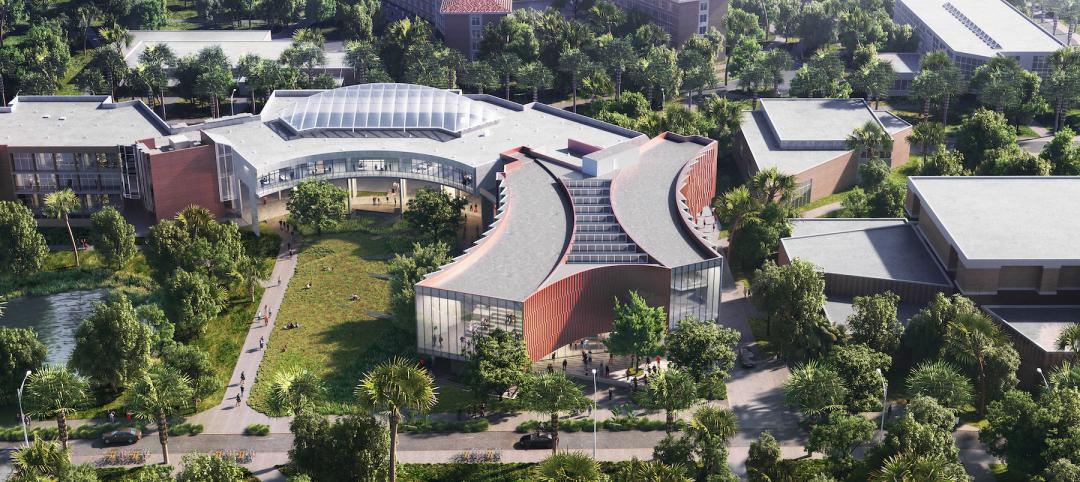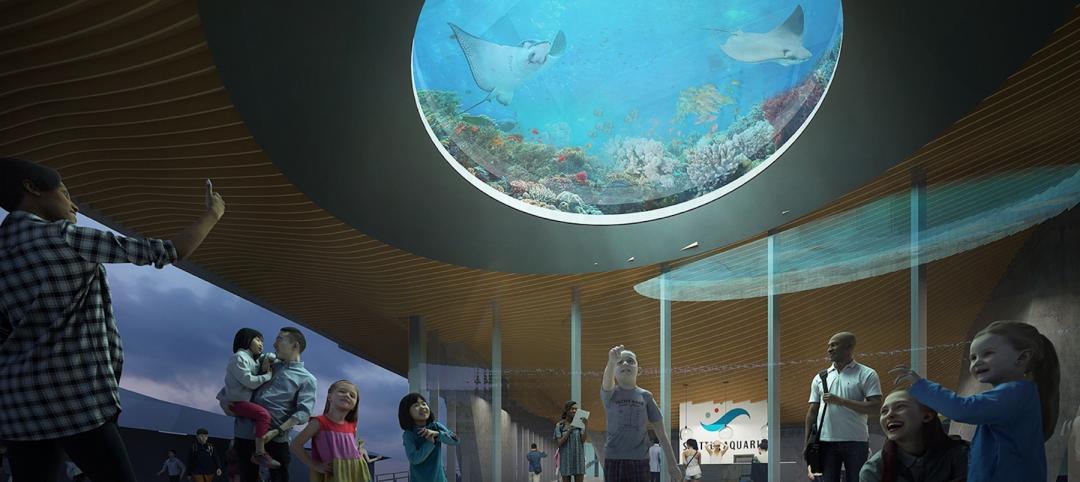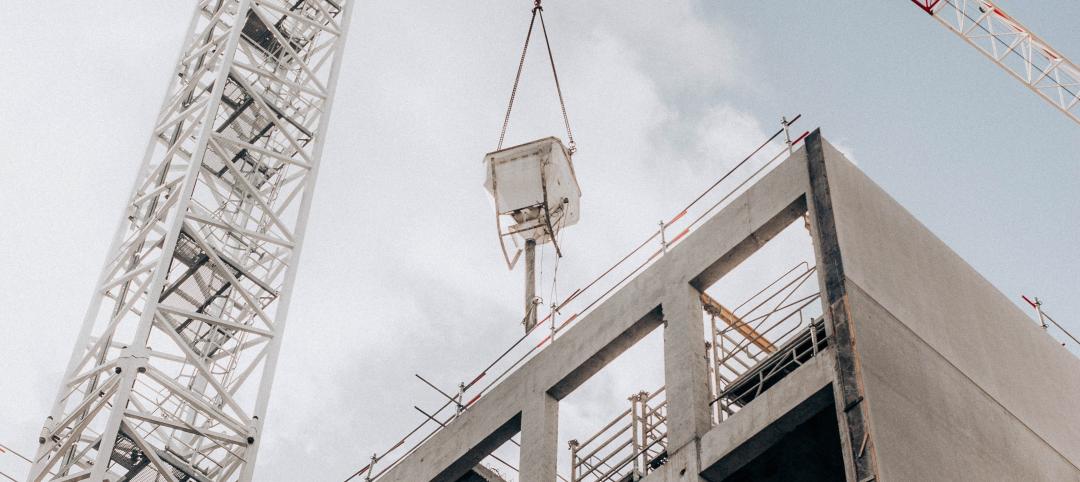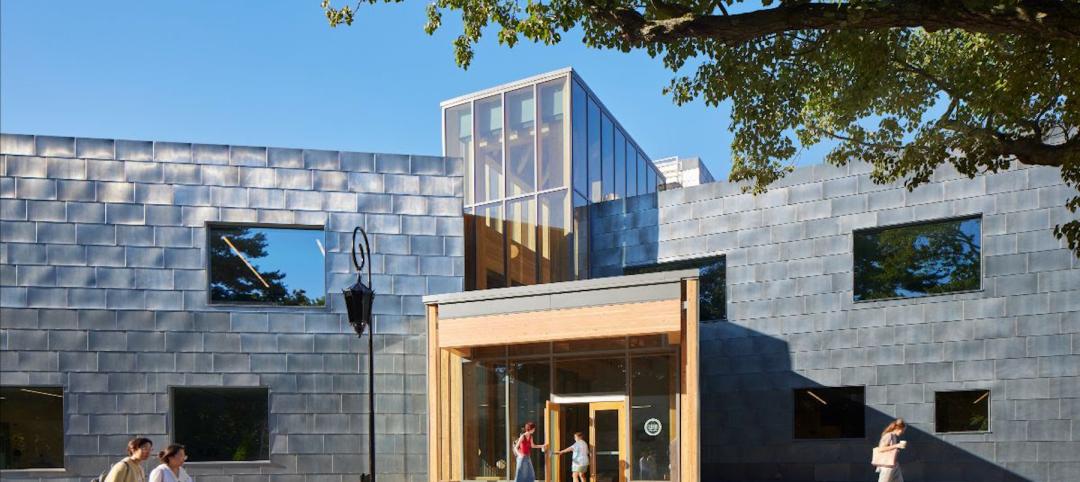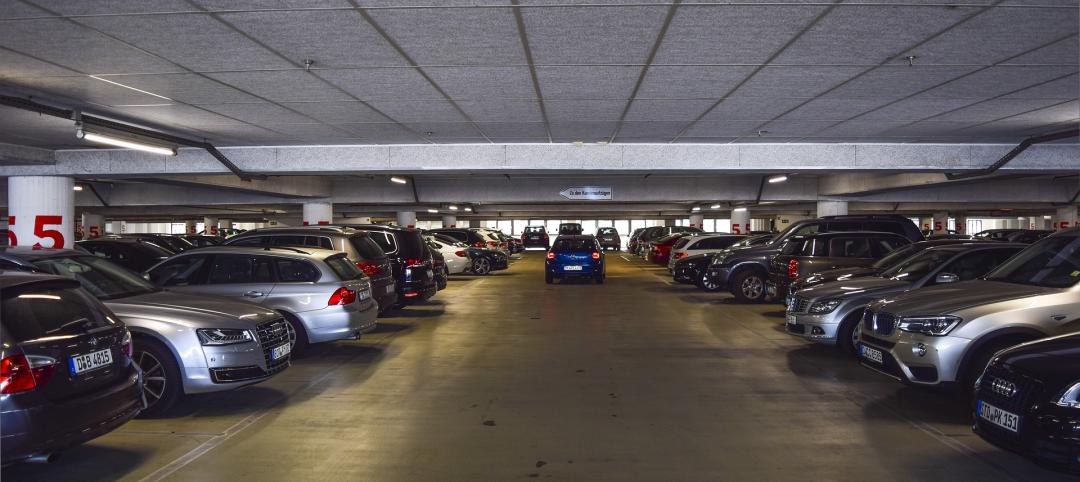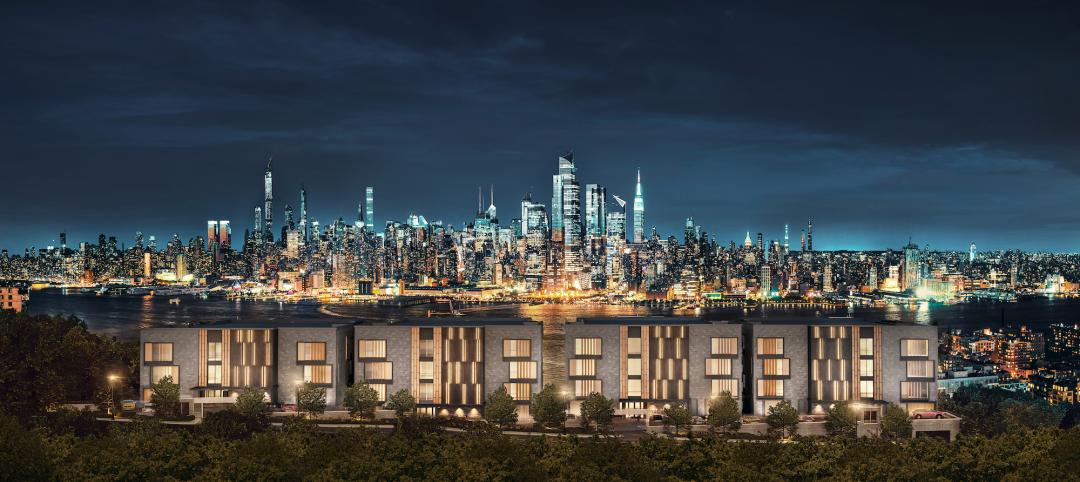Imagine a place where going to work means biking freely without the fear of cars to a coffee shop, where one collaborates with other people from nearby start-ups, research labs or universities. Sounds like a Portlandia episode? Truth is, a report released by the Brookings Institution’s Metropolitan Policy Program earlier this week states that such work environments are starting to emerge organically throughout the world – they’re called Innovation Districts.
These districts are defined as “geographic areas where anchor institutions and companies cluster and connect with small firms, startups, business incubators and accelerators.” Additionally, innovation districts are “physically compact, transit accessible, technically wired and offer a mix of housing, office and retail.”
Having a compact district where firms are near other firms, research labs and universities allows for “open innovation,” which is the sharing of ideas from “legal advice to sophisticated lab equipments.”
This environment, emerging particularly in the U.S. post Great Recession, is a far departure from the landscape of innovation that has dominated the past 50 years – suburban corridors of isolated corporate campuses, accessible mainly by car with little to no attention to integrating work, housing and recreation.
Here are six cities in the U.S. from East Coast to West Coast with areas that fit Brookings’ definition of Innovation District (and to learn more about each, take a look at Brookings' visually compelling report here):
1. Boston: Innovation District
2. Philadelphia: University City
3. Raleigh–Durham: Research Triangle Park
4. Detroit: Downtown, Midtown
5. St. Louis: Cortex
6. Seattle: South Lake Union
Related Stories
Building Team | Oct 27, 2022
Who are you? Four archetypes shaping workspaces
The new lifestyle of work requires new thinking about the locations where people work, what their workflow looks like, and how they are performing their best work.
Codes and Standards | Oct 27, 2022
Florida’s Surfside-inspired safety law puts pressure on condo associations
A Florida law intended to prevent tragedies like the Surfside condominium collapse will place a huge financial burden on condo associations and strain architecture and engineering resources in the state.
University Buildings | Oct 27, 2022
The Collaboratory Building will expand the University of Florida’s School of Design, Construction, and Planning
Design firm Brooks + Scarpa recently broke ground on a new addition to the University of Florida’s School of Design, Construction, and Planning (DCP).
Building Team | Oct 26, 2022
The U.S. hotel construction pipeline shows positive growth year-over-year at Q3 2022 close
According to the third quarter Construction Pipeline Trend Report for the United States from Lodging Econometrics (LE), the U.S. construction pipeline stands at 5,317 projects/629,489 rooms, up 10% by projects and 6% rooms Year-Over-Year (YOY).
Data Centers | Oct 25, 2022
Virginia county moves to restrict the growth of new server farms
Loudoun County, Va., home to the largest data center cluster in the world known as Data Center Alley, recently took steps to prohibit the growth of new server farms in certain parts of the county.
Museums | Oct 25, 2022
Seattle Aquarium’s new Ocean Pavilion emphasizes human connection to oceans
Seattle Aquarium’s new Ocean Pavilion, currently under construction, features several exhibits that examine the human connection with the Earth’s oceans.
Energy-Efficient Design | Oct 24, 2022
Roadmap shows how federal buildings can reach zero embodied carbon emissions by 2050
The Rocky Mountain Institute (RMI) has released a roadmap that it says charts a path for federal buildings projects to achieve zero embodied carbon emissions by 2050.
Higher Education | Oct 24, 2022
Wellesley College science complex modernizes facility while preserving architectural heritage
A recently completed expansion and renovation of Wellesley College’s science complex yielded a modernized structure for 21st century STEM education while preserving important historical features.
Transportation & Parking Facilities | Oct 20, 2022
How to comply with NYC Local Law 126 parking garage inspection rules
Effective January 1, 2022, New York City requires garage owners to retain a specially designated professional engineer to conduct an assessment and file a report at least once every six years. Hoffmann Architects + Engineers offers tips and best practices on how to comply with NYC Local Law 126 parking garage inspection rules.
Architects | Oct 20, 2022
Michael Graves Architecture acquires Jose Carballo Architectural Group
Michael Graves Architecture (MG), an award-winning global leader in planning, architecture, and interior design based in Princeton, NJ, announces the acquisition of Jose Carballo Architectural Group (JCAG), a New Jersey-based architecture firm.


